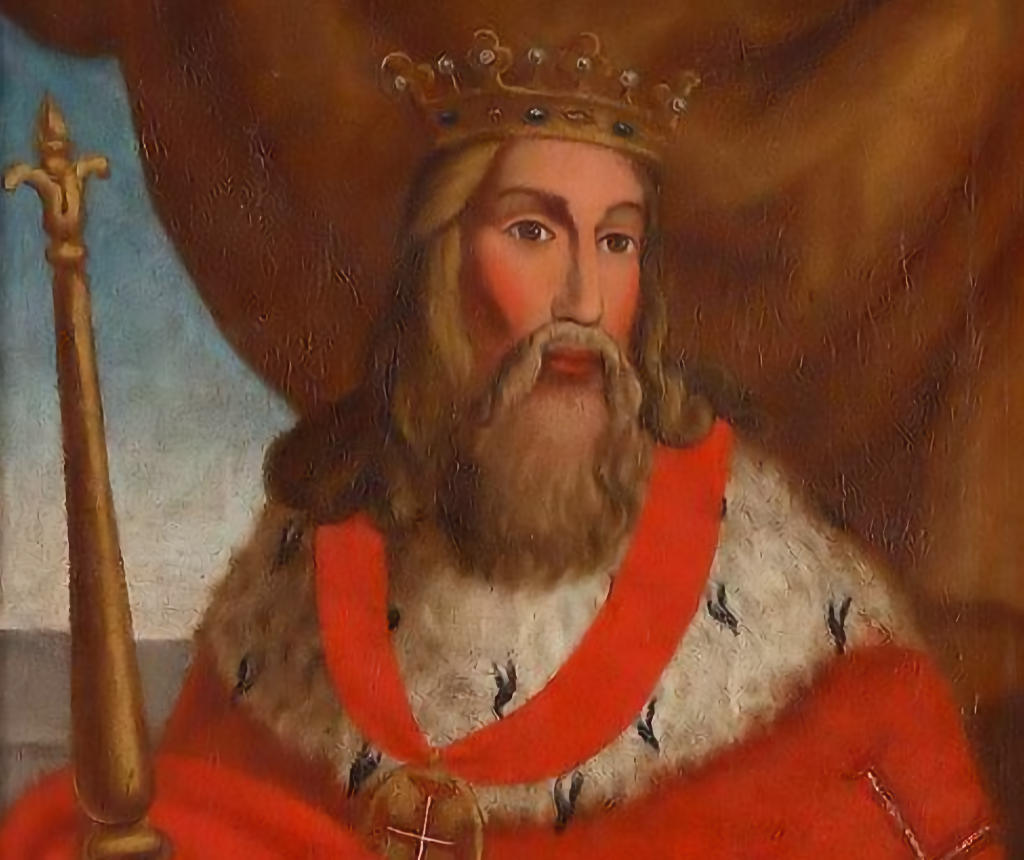During his early years, Peter's father arranged a marriage between his eldest daughter, Maria, and Alfonso XI of Castile. However, Alfonso became involved with Leonor de Guzman, and Maria returned to Portugal in 1335. Seeking revenge, Afonso IV forged an alliance with Juan Manuel, Prince of Villena, by arranging the marriage of Peter to Constanza, Juan Manuel's daughter.
However, Peter's heart was captivated by Inês de Castro, who accompanied Constanza to Portugal as her lady-in-waiting. Peter and Inês began a secret love affair that lasted for years, even after Constanza's death in 1349. The scandalous relationship caused tension between Peter and his father, who banished Inês from the court.
Peter refused to marry any of the princesses suggested by his father and continued his relationship with Inês. He even appointed Inês's brothers to important positions in Portugal, further aggravating Afonso IV's concerns about the succession and potential conflicts. In 1355, Afonso sent men to find Inês and had her executed, triggering Peter's revolt against his father. Afonso defeated Peter, but shortly afterward, he died, and Peter ascended to the throne in 1357.
During his reign, Peter was known for his commitment to justice, earning him the moniker "the Just." He held a public trial for the assassins of Inês, Pêro Coelho and Álvaro Gonçalves, and personally executed their punishment, ripping out their hearts. Legend has it that Peter had Inês's body exhumed, placed on a throne, and required his vassals to kiss the hand of the deceased "queen." While the veracity of this event is debated, Inês's body was moved to Alcobaça, where she was buried alongside Peter in tombs facing each other.
Despite the turmoil surrounding his personal life, Peter fathered two sons who would leave a significant impact on Portuguese history. Ferdinand I of Portugal and John I of Portugal, the Master of the military order of Avis, became the founders of the Avis dynasty following the 1383–85 Crisis.
Peter's reign may have been overshadowed by his controversial love affair and the subsequent events, but he also implemented policies and pursued justice during his time on the throne. His story has inspired numerous operas and works of literature, cementing his place in Portuguese history as a complex and intriguing figure.
While Peter's nickname, "the Cruel," reflects the darker aspects of his reign, it is important to remember the context of his actions and the complexities of medieval politics. Peter's legacy continues to provoke discussions about the balance between personal desires and responsibilities as a ruler, making him a fascinating subject of historical study.



